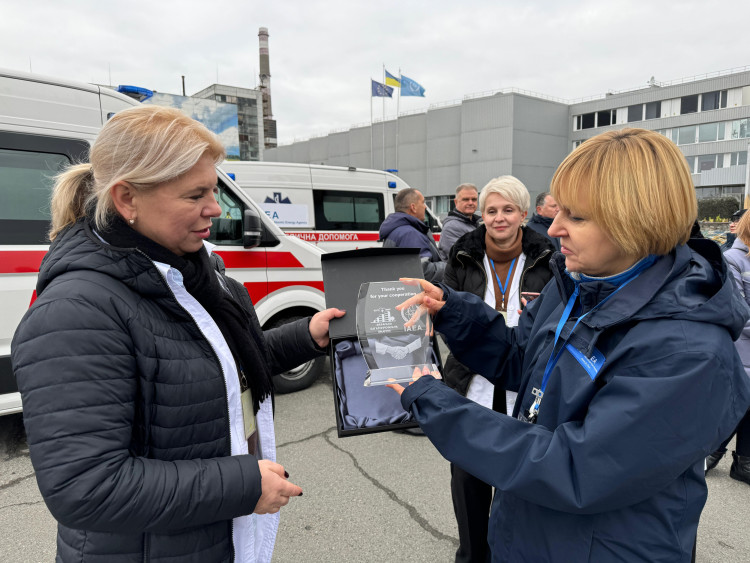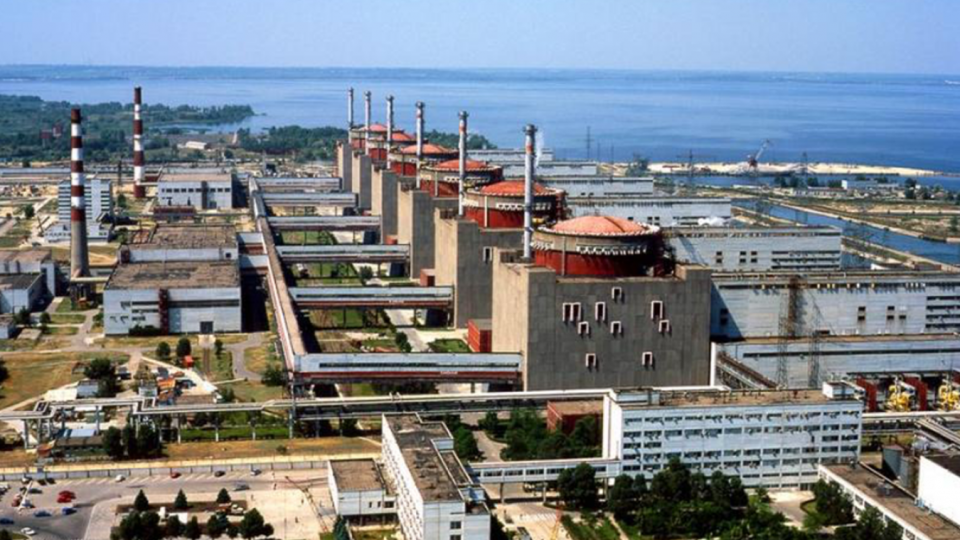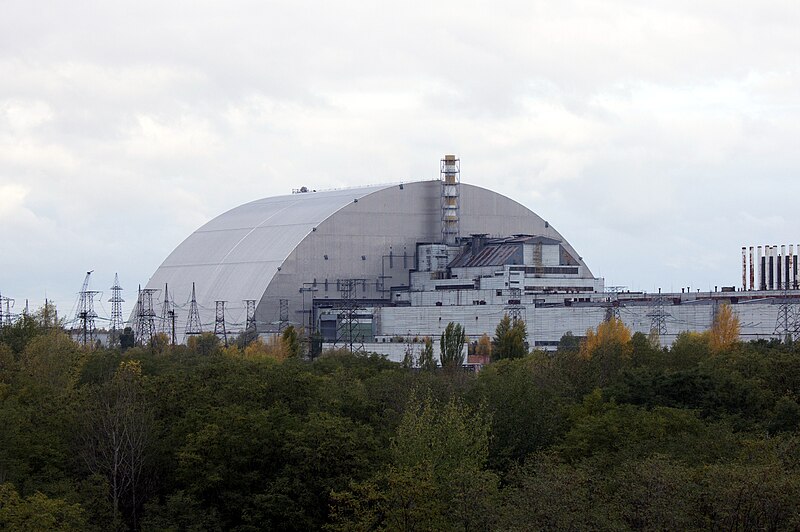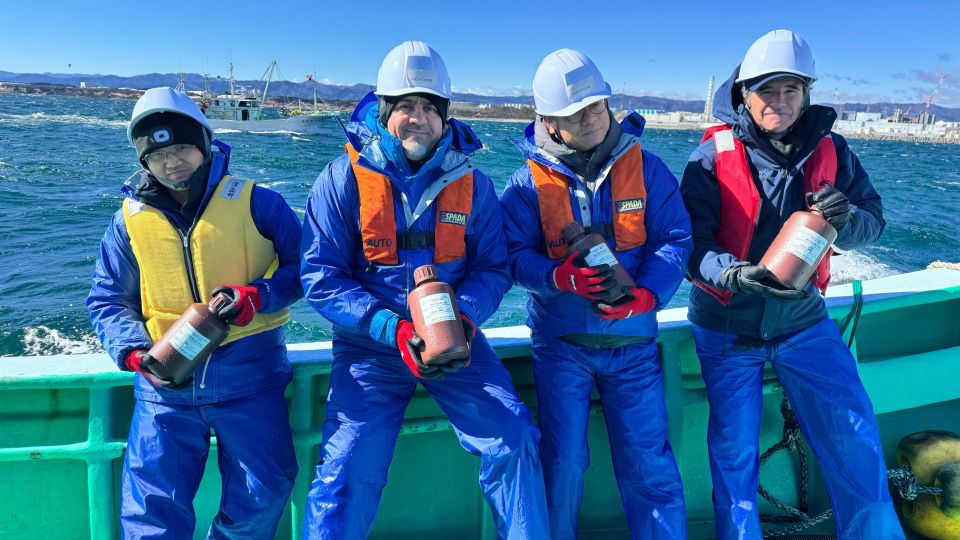IAEA warning issued after assassination of Zaporizhzhia worker

A man killed in a car bomb last week in Enerhodar, Ukraine, may have been targeted because of his ties to Zaporizhzhia nuclear power plant.
The International Atomic Energy Agency received information from both the Russian Federation and Ukraine about the suspected assassination, which occurred in the town where most of the plant staff live, said IAEA director general Rafael Mariano Grossi.
The man, identified as Mr. Korotkyi, was reportedly “one of the key staff members responsible for ensuring nuclear security” at the plant, Russia told the IAEA; while Ukraine told the agency the man was no longer on the staff at Zaporizhzhia.
The IAEA is also aware of a public statement issued the same day by Ukraine’s military intelligence, indicating that this person’s alleged actions after Russia took control of power plant in March 2022 were the reason he was targeted. Military intelligence also posted an image of a destroyed car and suggested others may also face “retribution.”
In follow-up communication with the IAEA, the Ukrainian government said it “does not attack civilians” and neither confirmed nor denied any responsibility for the attack.
In a letter to the IAEA, the Russian Federation said Mr. Korotkyi was “head of the permits bureau” at Zaporizhzhia and called the attack a “horrific crime” committed by Ukraine.
Ensuring nuclear safety: Grossi has reiterated that while the IAEA does not have forensic capabilities or authorities to investigate the incident, maintaining nuclear safety and security remains of paramount importance to prevent a nuclear accident during the ongoing military conflict between Russia and Ukraine.
With that objective, the IAEA in March 2022 established seven indispensable pillars for nuclear safety and security that have been supported by all IAEA Member States. Pillar 3 states that “the operating staff must be able to fulfil their safety and security duties and have the capacity to make decisions free of undue pressure.”
“Any targeting of employees of nuclear power plants would constitute a blatant violation of this pillar fundamental for overall nuclear safety and security,” Grossi said.
“In addition, any statements indicating further retaliatory measures—potentially affecting staff of the Zaporizhzhia NPP—would be unacceptable and contrary to the safety pillars established by the IAEA,” he said. “Any such threats deny staff who are not responsible for the overarching political and military situation the minimum standards of working conditions to do their jobs properly.”
Grossi once again called for maximum restraint during the conflict and said any action targeting staff at the plant has a direct impact on nuclear safety and security and must cease.
“The only way to avert the threat of a nuclear accident with transboundary radiological consequences during this war is to fully respect and adhere to the seven indispensable pillars for nuclear safety and security as well as the five concrete principles for the protection of the Zaporizhzhia NPP,” he said.
Background: Zaporizhzhia has been under Russian military control since March 2022. It is one of the 10 largest nuclear plants in the world and is Europe’s largest.
The plant stopped producing electricity for the national grid in September 2022, and all six units are in cold shutdown.
Military actions near the site—and in some instances at the plant—have caused damage and raised international concerns over the past two years about the potential for a nuclear accident or other dangerous event at ZNPP.







